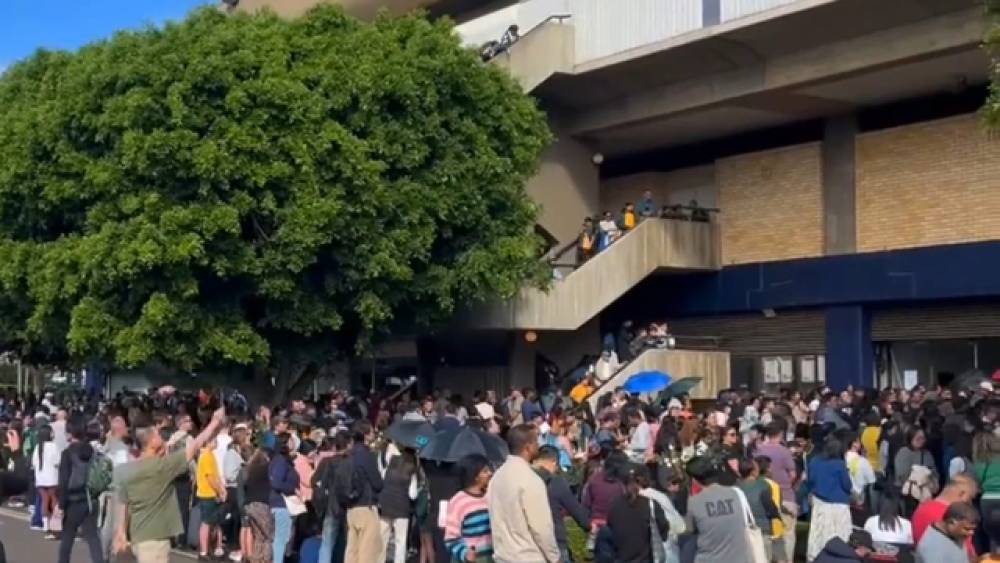
A storm of frustration and anxiety has swept across New South Wales as thousands of families are reeling from the collapse of the state’s selective high school placement test. What was meant to be a rigorous but fair academic assessment has turned into a flashpoint for public outrage, following widespread technical failures, organisational mismanagement, and a rushed decision to force students to resit the high-stakes exam.
The selective test, taken by Year 6 students seeking entry into NSW’s top-performing public high schools, was disrupted across multiple centres by digital glitches, including frozen screens, login errors, and hours-long delays. As a result, the Department of Education has announced the entire cohort will need to sit the exam again — a move that has enraged parents and shaken students already under immense academic pressure.
Parents have flooded online forums, community meetings, and media channels, voicing their deep concerns over what many are calling a systemic failure. Their criticism targets both the NSW Department of Education and the British-based testing contractor, Cambridge Assessment, responsible for administering the test.
“This was more than just a technical glitch. It was a complete failure in planning, communication, and duty of care,” said one parent. “You can’t just reset something this important as if it’s a video game.”
Others have questioned the ethical and psychological impact of forcing young students to repeat a test for which they had already prepared intensively over months, only to be thrown into disarray at the last moment.
The selective school test has long been a cornerstone of academic opportunity in NSW, offering gifted students — many from immigrant, working-class, and non-English speaking backgrounds — a pathway to elite educational settings. For many families, it represents more than a test: it is a shot at upward mobility and future success.
But this year’s testing crisis has called that very premise into question. Parents argue that fairness has been irreparably compromised. Students across test centres experienced wildly varying conditions: some completed the test with minor interruptions, while others endured hours of uncertainty, broken systems, and inconsistent instructions.
“Equity is not just about access to a test — it’s about ensuring every child faces the same conditions,” said an education policy expert. “That clearly did not happen here.”
Amid the logistical and bureaucratic chaos, a deeper concern is emerging: the mental and emotional wellbeing of children. Reports from schools and parents describe students left in tears, anxious, and disheartened — many of them feeling as though their efforts had been wasted.
Teachers and school counsellors have noted increased anxiety and fatigue among students, some of whom now face the daunting task of preparing again while juggling schoolwork, extracurricular activities, and family expectations.
The Department of Education has offered an apology and promised a thorough investigation. Education Minister Prue Car acknowledged parents' concerns and said that improvements would be made before the rescheduled test, which is expected to take place in early June.
However, advocacy groups and education professionals say apologies are not enough. Several are calling for the cancellation of this year’s results, an independent inquiry into the contractor’s failure, and a broader reassessment of how selective testing is delivered in an increasingly digital age.
“This is a wake-up call,” said one school principal. “We need to rethink not only the tools we use but the values we uphold in education. When competition overshadows care, and efficiency replaces equity, we all lose — especially the children.”
As thousands of families now brace for a second round of high-stakes testing, the broader community is left to question: is this the best we can do for our brightest young minds?